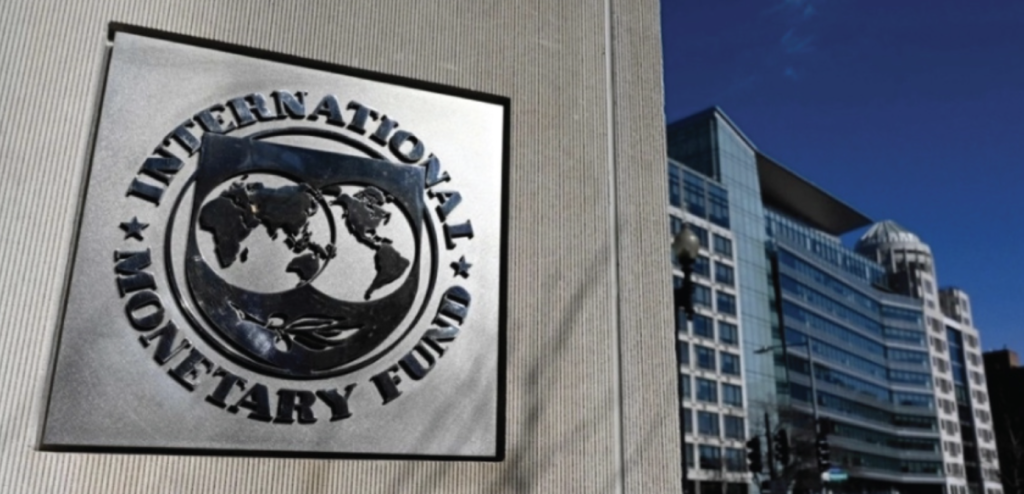
The Dominican Republic’s economy, which experienced a period of slower growth in late 2024 and 2025, is projected to accelerate significantly, with the International Monetary Fund (IMF) forecasting a robust rebound starting in 2026, a note dated on 12 November 2025 in Washington, D.C. details.
Following its Article IV Consultation, the IMF Executive Board noted the country’s strong economic fundamentals and policy space, positioning it well to handle global uncertainty. Growth is expected to reach 4.5% in 2026 and converge to its long-term potential of 5%.
The slowdown was attributed to tighter financial conditions and increased uncertainty. However, preliminary signs of a revival—underpinned by supportive policies, and stronger tourism, exports, and credit—are already appearing. Inflation is expected to remain well-anchored, averaging about 3.7% in 2025 and holding near the 4% target thereafter. The current account deficit is forecast to narrow to about 2.5% of GDP, fully financed by stable foreign direct investment (FDI).
Key recommendations from the IMF Board
The IMF executive directors commended the Dominican authorities for their sustained policy efforts but stressed that continued reform is vital to accelerating growth and enhancing resilience.
Fiscal prudence and reform: Directors urged maintaining prudent fiscal policies and adhering to the medium-term fiscal framework. They highlighted the need for consolidation focused on revenue mobilization and improving spending efficiency, while safeguarding social programs.
Fixing the power sector: Full and swift implementation of the Electricity Pact was deemed essential to curb fiscal risks stemming from sector losses and ensure national resilience.
Monetary policy effectiveness: While the current monetary stance is appropriate, the Board called for a comprehensive, well-communicated strategy to gradually wind down exceptional liquidity measures and further develop domestic financial markets to strengthen policy transmission.
Structural agenda: The IMF welcomed the ambitious structural reform agenda aimed at boosting potential growth and achieving high-income status. Key areas include improving governance, advancing labor and social security reforms, and efficiently investing in crucial sectors like infrastructure, education, and health.
Disaster resilience: Given the high vulnerability to natural disasters, Directors emphasized the need for a comprehensive approach, including enhancing disaster risk management frameworks and integrating natural disaster considerations into fiscal policy.
The IMF concluded its Article IV Consultation on 12 November 2025.
Read more:
IMF
Central Bank
19 November 2025

